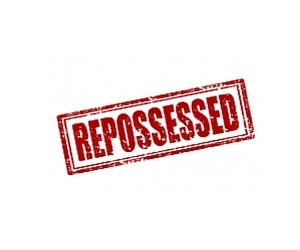Imagine you are a Spanish home owner unable to meet your monthly mortgage repayments. You have two choices: either sell the property, pay off the loan and pocket whatever difference remains or sit tight and do nothing until the bank eventually obtains an order to evict you.
In countries such as the United Kingdom the lender takes the risk that the security obtained (i.e. a charge on the property) will be sufficient to liquidate the debt in the event of non-payment. At the worst the mortgagee can simply hand over the keys to the property and say "take it, it's yours, do what you will". If there is a shortfall when the property is disposed of, the lender loses.
In Spain however, this system, known here as dacia, is not available to homeowners. And the risk of the shortfall is carried not by the lender but by the borrower. If a homeowner is unable to repay the debt he/she is liable to pay not only the outstanding amount but also punitive interest charges and costs. And, even worse, the value at which the property is taken over into the bank's ownership is largely under the control of the bank itself. In other words the bank can acquire the property at a low price and the outstanding balance, plus interest, remains payable by the borrower. All of his/her other assets can be called upon in order to repay this.
There are loud calls to end this harsh practice but the Rajoy government doesn't want to know. Introducing the dacia would lead to irresponsible borrowing, they say. Good citizens have the responsibility to ensure that they borrow only what they know they can repay, seems to be the logic.
How does this influence the stock of properties available from bank repossessions? Homeowners who find themselves in difficulties will do everything they possibly can to sell their property, even at a loss, because their liability is likely to be far less than if the property is repossessed. So, those properties that reach the banks' portfolios are, basically, pretty unsaleable.






